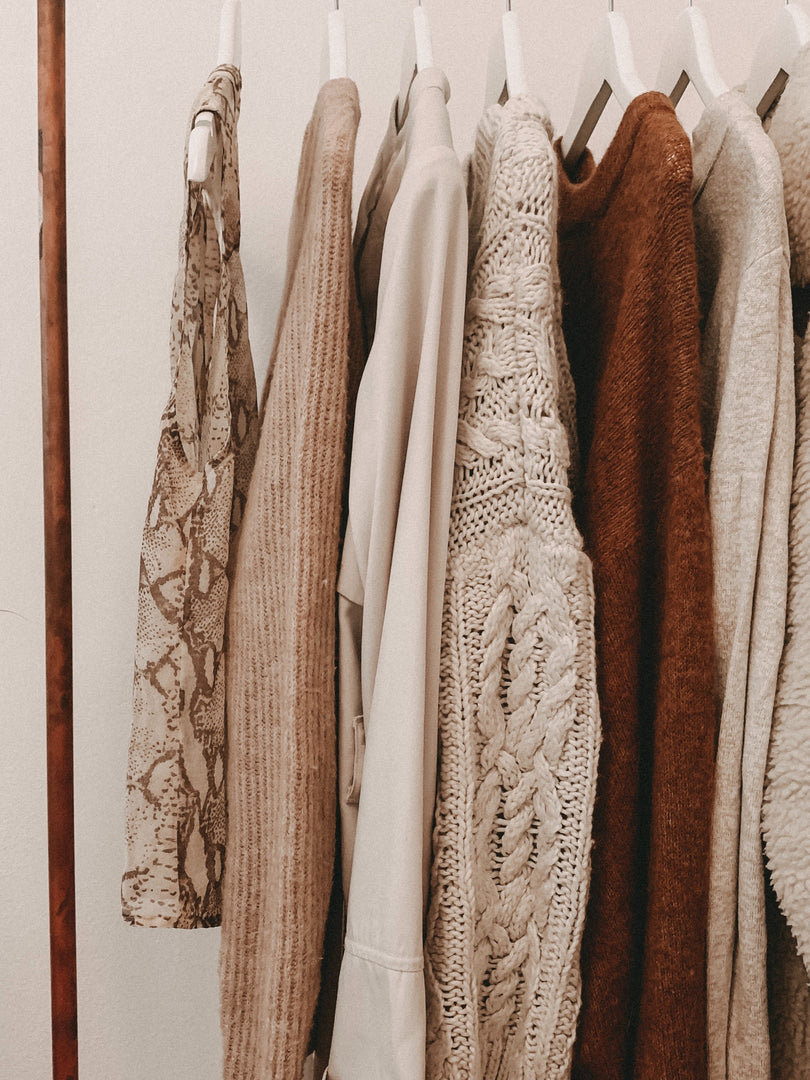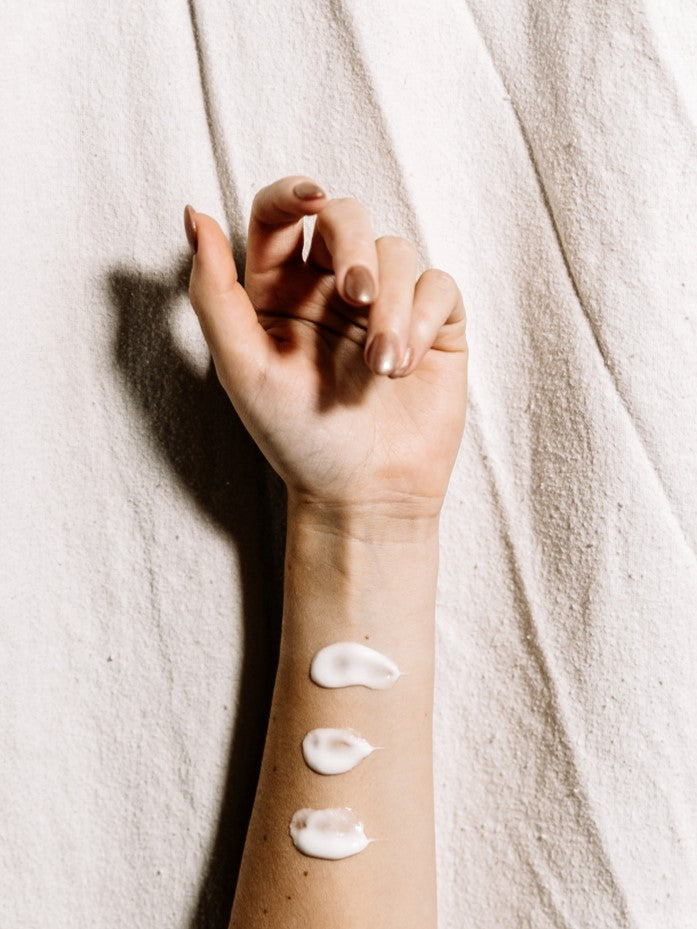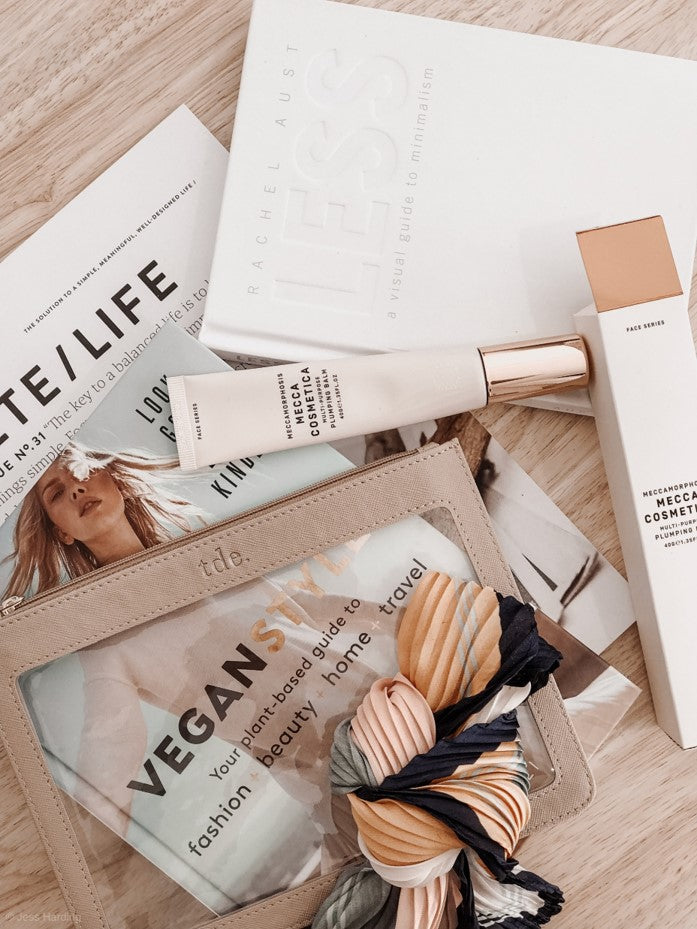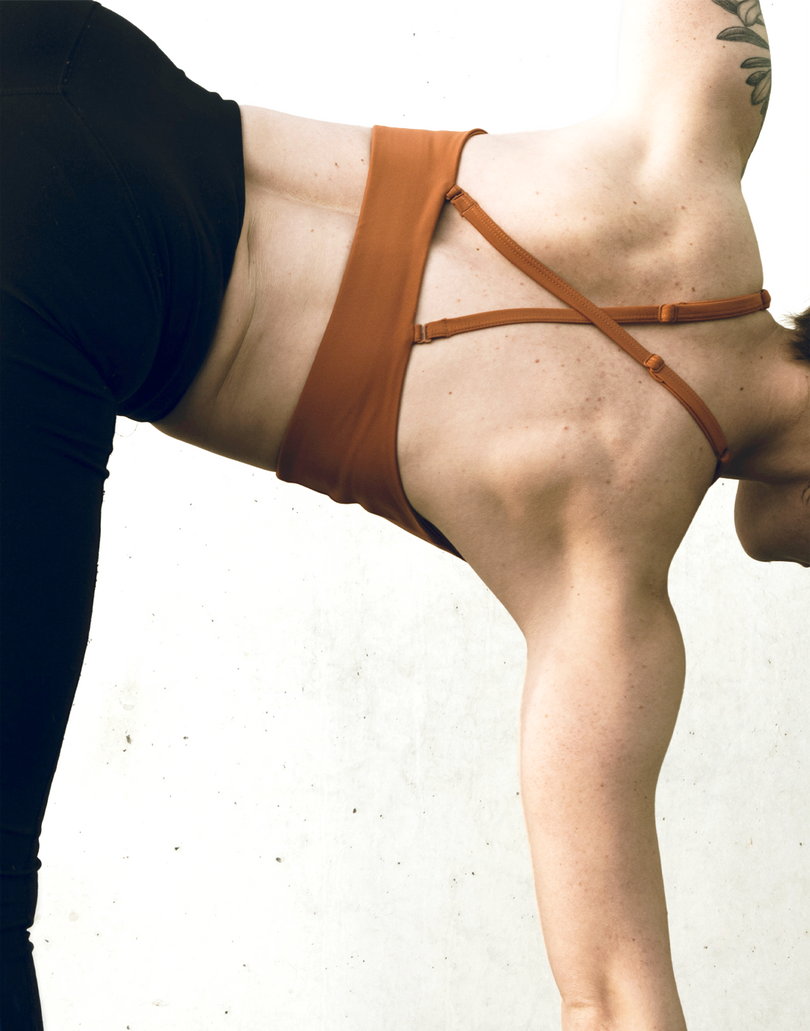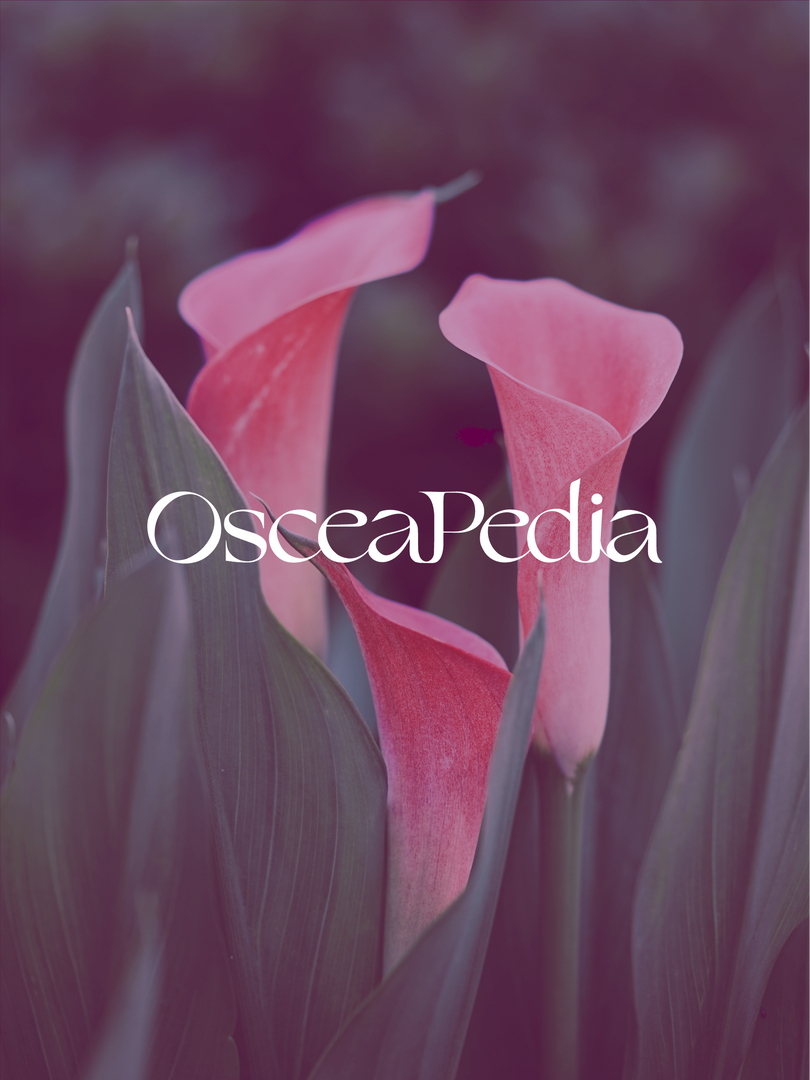What is Fair Trade?
The idea of "fair trade" jewelry has been growing in popularity, but it is still not clearly defined in the public mind. The term fair trade is often loosely thrown around to suggest safe working conditions and ethical production. In actuality, Fair Trade is an organized movement and international certification system. The organization takes a market-based approach which focuses on fair prices for producers and is designed to help producers in growing countries achieve sustainable and equitable trade relationships. There are three main pillars in the movement: environmental, social, and economic. Companies wanting to pursue certification must meet strict requirements for safe working conditions, environmental protection, sustainable livelihoods, and community development funds. Suppliers are regularly monitored to ensure that workers have adequate wages, and the local region is not compromised for production. Essentially, Fair Trade regulates sustainable employment and just wages.
Why should we be concerned with conventional jewelry?
Jewelry production has a massive environmental and social impact. Mining for precious metals and materials releases many dangerous chemicals into waterways and the air including arsenic, lead, mercury, cyanide and more. The amount of chemical and material waste from mining is quite disturbing. For example, one gold ring can generate 20 tons of waste which endangers natural areas and destroys the surrounding land. Greenhouse gas emissions associated with sourcing, extracting, processing and transporting raw materials are extremely high.
Mining not only harms the environment, but it also harms communities. Working in a mine is very unsafe. Workers are exposed to extreme temperatures, structurally unsafe tunnels, fires and more. These workers are also frequently abused and forced to work in inhumane conditions. Often mines are in rural, poor communities where the mine is one of the only options for work. These miners are pressured to work in awful conditions since it is one of the few options they have for generating an income. Frequently, mines are also located on indigenous lands whereby the process destroys sacred lands. In addition, mining companies often evict indigenous communities from the lands they’ve been living on for generations.
What is fair trade jewelry?
There is currently no fair trade certification that specifically relates to jewelry. This means fair trade jewelry is not properly regulated and is hard to authenticate. However, gold and silver, materials often used in jewelry, do have Fair Trade certifications. Fair Trade certified gold and silver require that mines are held to high standards and that the price of the products meets a required minimum. Although overall, fair trade jewelry is left up to a brand’s interpretation, it is commonly accepted to mean ethical sourcing, traceability, and transparency along the entire jewelry supply chain. The mining of these materials should not cause massive degradation of the environment or put employees in extreme danger. Fair trade jewelry brands should focus on safe working conditions, thoughtful sourcing, fair wages, and giveback initiatives.
Brands can achieve this vision through quite different avenues. Fair trade jewelry can look like ending cycles of poverty through sustainable employment, upholding traditional craft techniques, sourcing only Fair Trade certified gold and silver, or using recycled materials. Overall, mine to market transparency is key. Aside from ethical considerations, there is something undeniably special about wearing unique handcrafted jewelry. Artisan-made, one-of-a-kind jewelry has a deeply personal, intrinsic value. Fair trade jewelry needs to expand beyond gold and silver to include certifications for diamonds and other materials. In the meantime, brands have taken issues into their own hands and have created their own systems for ethically made jewelry. Whether you care more strongly about environmental impact, indigenous protection, worker safety, or community development, there's a jewelry brand out there that matches your values.
5 Fair Trade Jewelry Brands
1. Yewo
Yewo is a thoughtfully made jewelry brand that focuses on ethical employment for a rural community in Malawi, Africa. They have a range of fair trade jewelry from beautiful earrings, to necklaces, to bracelets. Yewo, pronounced “yay-whoa,” means “a casual thank you.” This business is affordable, transparent, and uplifts the producer. Employees operate under a safe and encouraging family-like work environment in a 100% solar-powered workshop. Workers are provided in-house job training and reliable salaries (their worker salaries are 2-3 times the national average!). Workers are also provided two daily nutritious meals, health care options, 26 annual days off, savings accounts, access to interest-free loans, annual raises and bonuses, and educational resources.
Yewo goes above and beyond to uplift the Malawi community. Yewo offsets their carbon emissions through low-impact production and small thoughtful batches. They use sustainable plastic-free labels and packaging, and their small cotton jewelry bags are handmade by a group of moms in the village. In their production, Yewo uses recycled brass from a nearby co-op that makes wire from old coins and scraps of brass. Yewo is a great jewelry brand if you are looking for ethical employment and low-impact production.
2. Arlokea
Arlokea is a black-owned fair trade jewelry brand that specializes in recycled materials and thoughtful sourcing. They offer affordable, bold, and elegant bracelets, necklaces, earrings, and rings. Their production takes place in 8 different artisan groups across 6 countries. Arlokea chooses artisan suppliers who produce small, thoughtful batches and who support marginalized individuals, fair wages, and safe working environments.
Arlokea's artisan groups are small and family-owned and operated. Every one of their diverse groups takes advantage of their prospective country's natural materials, bringing a unique perspective to the company. Their Vietnam-based artisans use recycled bullhorns discarded from the livestock industry, while their Indian artisans utilize bones that are byproducts from farms, restaurants, and slaughterhouses. In Ecuador, Arlokea's artisans use tagua seeds that naturally fall from tagua palm trees. Many of the pieces in Arlokea's collection are made with recycled bullet casings from the Ethiopian/Eritrean war that have been collected by women and melted down into simple beads. Arlokea’s jewelry is not just about the recycled materials, but it's also about environmental integrity and uplifting a greater community, and every single handmade Arlokea piece tells a unique and important story.
3. Ana Luisa
If you're looking for eco-friendly jewelry, Ana Luisa is an incredible brand to check out. They specialize in lab-grown diamonds so you can get the “shine without the mine.” These diamonds are cruelty-free, traceable, peaceful, and offer the same brilliance and clarity as mined diamonds. Aside from lab-grown diamonds, Ana Luisa also creates their jewelry with recycling sterling silver and gold. In fact, all of their sterling silver jewelry is made of 100% recycled metals from previously owned jewelry, industrial metals, and electronic components. Another interesting sustainable material choice is Ecobrass, which Ana Luisa uses for their gold-plated pieces.
Aside from responsible materials, Ana Luisa focuses on responsive packaging and safe work environments. Their packaging is 100% Forest Stewardship Council (FSC) certified and is made of recycled cardboard and recycled paper. All production facilities are 3rd party audited to ensure a safe, fair, and diverse work environment. The company produces in small batches to uphold their zero waste policy, and they donate 100% of their returned pieces to Dress for Success, an organization dedicated to empowering women across the US. Ana Luisa focuses a lot on giving back to communities in order to move forward. Their Forget-Me-Not necklace gives back 10% of its revenue to fund carbon-reducing initiatives. They also make monthly donations to different environmental and social charities. Ana Luisa is a great option for affordable, high-quality, fair trade jewelry that gives back to the environment and communities.
4. Washed Ashore
Washed Ashore creates beautiful jewelry from post-consumer recycled materials. Recycled materials produce 98% lower emissions than mined metals. Aside from lower emissions, using recycled materials also allows Washed Ashore to avoid all of the negative and exploitative environmental and social issues associated with sourcing, extracting, processing, and transporting new materials. All of Washed Ashore’s diamonds and gemstones are collected from vintage, donated, and thrifted jewelry. In its jewelry, Washed Ashore use abalone shells, a byproduct of the food industry, from farms in Thailand that would normally be thrown away. The company's use of Japanese Keshi pearls is also sustainable, as these pearls are also a product that is often rejected and thrown away. The pearl industry disregards them because of their unpredictable shape. Washed Ashore upholds that their pearls are not dyed, bleached, or receiving any treatment. They instead celebrate their unique shapes and colors.
The brand also has a recycling program where you can send in old jewelry and get store credit. They are partnered with Carbon Fund to offset the carbon footprint of shipping and transportation. They also use recyclable packaging with vegetable dye print that is chemical-free. Most of their items are handmade in-house in their low emissions, 70% solar powered, Los Angeles manufacturer. Washed Ashore was awarded a Butterfly Mark by Positive Luxury for excellence in sustainability.
5. Ten Thousand Villages
Ten Thousand Villages is a unique marketplace for responsibly made, fair trade goods. They offer a wide selection of fair trade jewelry. Ten Thousand Villages is one of the founding members of the World Fair Trade Organization. This marketplace is focused on fostering a global maker-to-market movement that breaks cycles of generational poverty. Over 20,000 makers in 30 developing countries sell their crafts through Ten Thousand Villages. All of the suppliers are independent small-scale artisan groups, co-ops, and workshops. Ten Thousand Villages visits all of the workshops where the handmade crafts are made to ensure safe working conditions.
Ten Thousand Villages features a wide selection of jewelry and accessories as well as other homemade goods for your kitchen, home, backyard, and bathroom. Each item features a maker section where you can learn more about who made it and where it was made, with some makers’ personal stories featured in a videos. Thousand Villages truly puts the maker first. Every one of their makers earns a fair and consistent living wage. The company collaborates on a transparent price agreement with the maker and offers interest-free advances where they will pay 50% of the price of the goods in advance to help cover materials and productions. Consumers can also make donations directly to makers to help cover the cost of goods as well. Ten Thousand Villages celebrates craft and culture while preserving indigenous legacies. This affordable, hand-made marketplace is the perfect one-stop-shop for gifts and accessories.
Sources:
https://fairjewelry.org/what-is-a-fair-trade-gem/
https://www.fairtradecertified.org/why-fair-trade
https://www.consciouslifeandstyle.com/fair-trade-artisan-made-jewelry-brands/
https://myethicalchoice.com/en/journal/fair-trade/fair-trade-jewelry/

